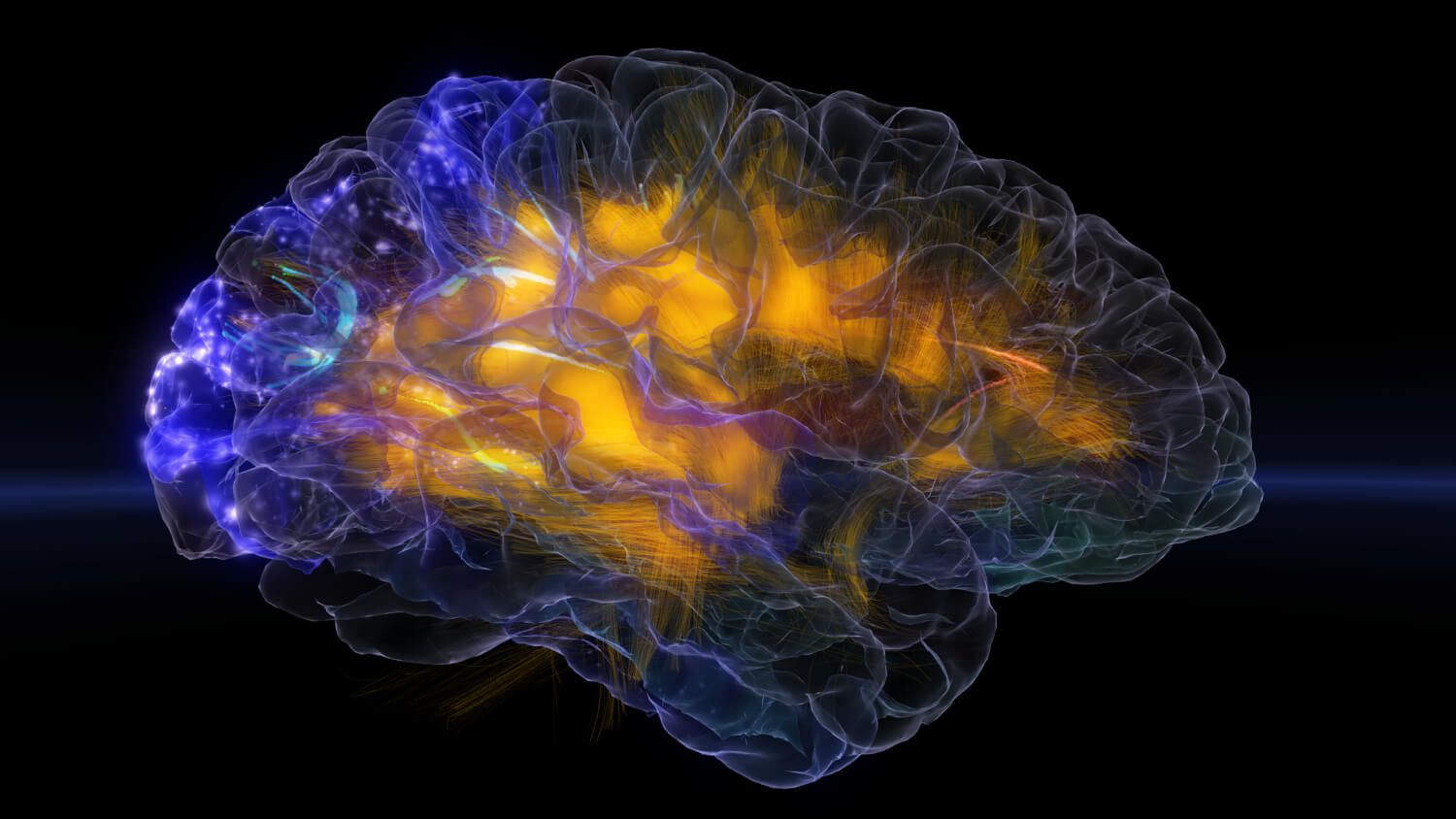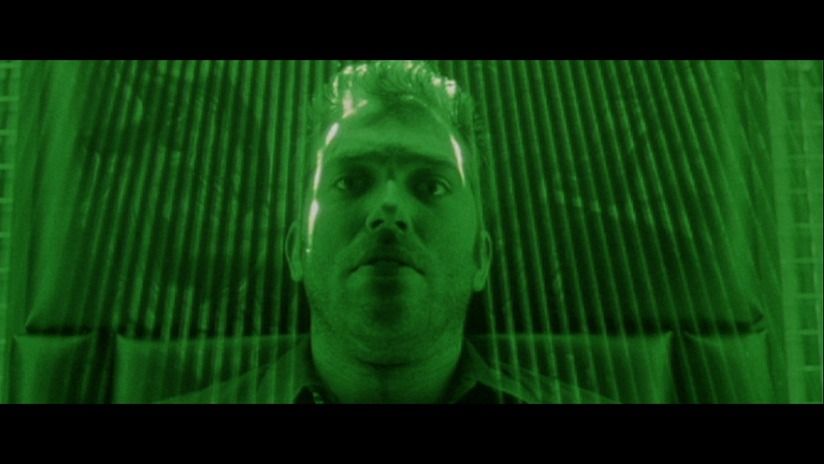Page 11501
May 21, 2015
The Ultimate Interface: Your Brain — By Ramez Naam SingularityHub
Posted by Seb in category: neuroscience

The final frontier of digital technology is integrating into your own brain. DARPA wants to go there. Scientists want to go there. Entrepreneurs want to go there. And increasingly, it looks like it’s possible.
You’ve probably read bits and pieces about brain implants and prostheses. Let me give you the big picture. Read more
May 20, 2015
Simulated Worlds Will Soon Be Indistinguishable From Reality — Victoria Turk | Motherboard
Posted by Seb in category: virtual reality

“So perhaps we’re not that close to a true simulation singularity after all. But as far as simply confusing the human senses about what’s real and what’s not, Fawkes reckons that’s not far off at all. Indeed, you don’t necessarily need perfect graphics to induce suspension of disbelief in the human brain anyway: Just think about how your mind can get carried away watching a film or reading a book. “ Read more
May 20, 2015
World Economic Forum 2015 The Human Capital Report
Posted by Odette Bohr Dienel in categories: big data, business, complex systems, defense, economics, education, governance, government, information science, innovation, law, policy
May 20, 2015
The Trouble with Scientists — Philip Ball | Nautilus
Posted by Seb in category: science

“A common response to this situation is to argue that, even if individual scientists might fool themselves, others have no hesitation in critiquing their ideas or their results, and so it all comes out in the wash: Science as a communal activity is self-correcting. Sometimes this is true—but it doesn’t necessarily happen as quickly or smoothly as we might like to believe.” Read more
May 19, 2015
Why the block chain matters — Reid Hoffman | Wired UK
Posted by Seb in category: bitcoin
 http://cdni.wired.co.uk/620x413/a_c/bitcoin_18.jpg"},{"width":1240,"height":826,"url":"http://cdni.wired.co.uk/1240x826/a_c/bitcoin_18.jpg"},{"width":1920,"height":1280,"url":"http://cdni.wired.co.uk/1920x1280/a_c/bitcoin_18.jpg"},{"width":458,"height":305,"url":"http://cdni.wired.co.uk/458x305/a_c/bitcoin_18.jpg"},{"width":281,"height":187,"url":"http://cdni.wired.co.uk/281x187/a_c/bitcoin_18.jpg"},{"width":195,"height":130,"url":"http://cdni.wired.co.uk/195x130/a_c/bitcoin_18.jpg"}]}" />
http://cdni.wired.co.uk/620x413/a_c/bitcoin_18.jpg"},{"width":1240,"height":826,"url":"http://cdni.wired.co.uk/1240x826/a_c/bitcoin_18.jpg"},{"width":1920,"height":1280,"url":"http://cdni.wired.co.uk/1920x1280/a_c/bitcoin_18.jpg"},{"width":458,"height":305,"url":"http://cdni.wired.co.uk/458x305/a_c/bitcoin_18.jpg"},{"width":281,"height":187,"url":"http://cdni.wired.co.uk/281x187/a_c/bitcoin_18.jpg"},{"width":195,"height":130,"url":"http://cdni.wired.co.uk/195x130/a_c/bitcoin_18.jpg"}]}" />
“When you combine Bitcoin’s global scope, its extreme divisibility and its ability to verify transactions without third parties, you end up with a system where engaging in exchanges of economic value becomes nearly as friction-free as tweeting or texting.” Read more
May 19, 2015
Edge of Dark Review
Posted by Ramez Naam in categories: futurism, robotics/AI, transhumanism
Edge of Dark is part space-opera, part coming-of-age story, and part exploration of the relationship between humans and the post-human descendants who may ultimately transcend them.
The book takes place in the same universe as Brenda Cooper’s “Ruby’s Song” books (The Creative Fire; The Diamond Deep). However, you don’t need to have read those books to enjoy this one. The story in Edge of Dark picks up decades after the earlier books.
The setting is a solar system in which the most Earth-like planet, once nearly ecologically destroyed, is now in large part a wilderness preserve, still undergoing active restoration. Most humans live on massive space stations in the inner solar system. A few live on smaller space stations a bit further out, closer to the proverbial “Edge”. And beyond that? Beyond that, far from the sun, dwell exiles, cast out long ago for violating social norms by daring to go too far in tinkering with the human mind and body.
May 19, 2015
Will we ever understand the beginning of the universe? — Ross Andersen | AEON
Posted by Seb in category: space
“People are wedded to these ideas, because they grew up with them. Scientists don’t like to change ideas unless they’re forced to. They get involved with a theory. They get emotionally attached to it. When an idea is looking shaky, they go into defensive mode.” Read more
May 18, 2015
A First Big Step Toward Mapping the Human Brain — Katie Palmer | Wired
Posted by Seb in category: neuroscience

“When it’s complete, the database will be the first in the world to collect information from individual cells along four basic but crucial variables: cell shape, gene expression, position in the brain, and electrical activity. ” Read more
May 18, 2015
Does Artificial Intelligence Pose a Threat? — Ted Greenwald | The Wall Street Journal
Posted by Seb in category: robotics/AI

“The combination of immense Internet-connected networks and machine-learning algorithms has yielded dramatic advances in machines’ ability to understand spoken and visual communications, capabilities that fall under the heading ‘narrow’ artificial intelligence. Can machines capable of autonomous reasoning—so-called general AI—be far behind? And at that point, what’s to keep them from improving themselves until they have no need for humanity?” Read more










